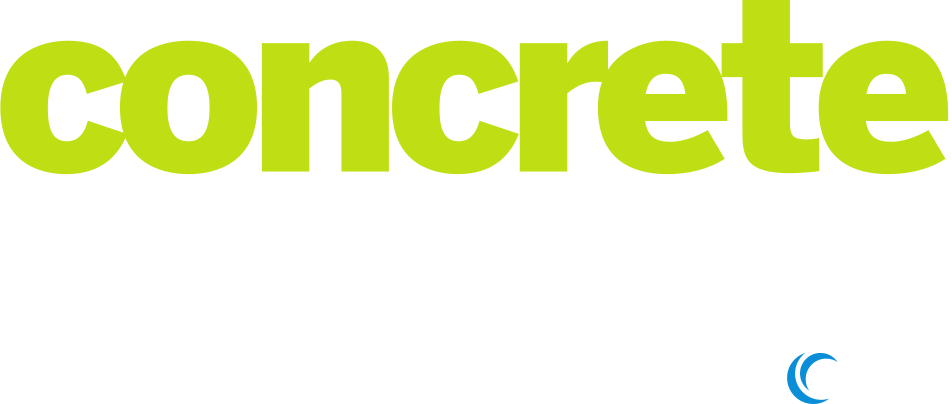
Millennials in the Workplace

By Bruce Tulgan
Managers tell us every day in our research some version of what one middle-aged manager told me: “When I was young and inexperienced, I may have been naïve or immature, but I knew enough to wear a tie, make eye contact, say ‘please’ and ‘thank you’ and ‘yes sir’ and ‘yes ma’am.’ I knew when to shut up, keep my head down and do the grunt work without having to be told over and over again.”
Indeed, the incidence and insistence of managers complaining about the soft skills of their new young workers has risen steadily year after year since we began tracking it in the mid-1990s, when Generation Xers were the “New Dogs” on the scene. Specifically, what issues do managers complain about most? Here’s what managers most often say about young workers:
“They are unprofessional.”
“They have no self-awareness.”
“They don’t take personal responsibility or hold themselves accountable.”
“They need an attitude adjustment.”
“Their work habits are terrible.”
“Their people skills are terrible.”
“They don’t know how to think, learn and communicate without checking a device.”
“They don’t think critically.”
“They don’t know how to problem-solve, make decisions or plan.”
“They have problems deferring to authority.”
“They don’t appreciate context and see where they fit in.”
“They have no sense of self-sacrifice for the greater good.”
“What ever happened to citizenship, service and teamwork?”
There is a growing gap between the expectations of employers and the reality of how today’s new young talent is showing up in the workplace. Today’s young stars may well show up with the latest and greatest tools and tricks. Indeed, many of them seem to have developed almost “super-powers” in their chosen areas of interest and focus. They are often masters of the newfangled. What they are missing—way too often and more and more—is the old-fashioned basics. What many refer to as “the soft skills.”
Of course, the older more experienced people are always more or less annoyed by the attitudes and behavior of each successive new young generation. New young employees are, by definition, always younger and less experienced and, therefore, lacking in the corresponding maturity and patience. As they step into the adult world with youthful energy and enthusiasm, young workers often clash with their older colleagues. That’s always part of the story. But there is something much bigger going on here.
Globalization
Second wave Millennials (born 1990-2000) will be the first truly global generation—connecting and traveling to work across borders in every direction and combination. Unlike any other generation in history, Millennials can look forward to a lifetime of interdependency and competition with a rising global youth-tide from every corner of this ever-flattening world.
Technology
The pace of technological advancement today is unprecedented. Change in computing, communication, transportation, commerce, entertainment, food, medicine and war is fast-paced. In every aspect of life, anything can become obsolete any time—possibilities appear and disappear swiftly, radically and often without warning.
The Information Environment
Second wave Millennials are the first true ‘digital natives.’ They learned how to think, learn and communicate in a never-ending ocean of information. Theirs is an information environment defined by wireless internet ubiquity, wholesale technology integration, infinite content and immediacy. From a dangerously young age, their infinite access to information and ideas and perspectives—unlimited words, images and sounds—is completely without precedent.
Virtual Reality
It’s not just that they are always looking down at their hand-held devices. Millennials are always totally plugged in to an endless stream of content and in continuous dialogue—through social media based chatting and sharing and gaming—with peers (and practical strangers) however far away (or near) they might be. They are forever mixing and matching and manipulating from an infinite array of sources to create and then project back out into the world their own ever-changing personal montage of information, knowledge, meaning and selfhood.
You see, the Millennials have been much analyzed but, I believe, largely misunderstood. Though in recent years many so-called experts have jumped on the bandwagon of tackling the challenge of “managing Millennials,” nearly everyone I know is simply reinforcing prevailing misconceptions about Millennials.
Here are the fourteen most common myths about the Millennial Generation’s attitude toward work and career:
Myth #1: Millennials are disloyal and unwilling to make real commitments to their employers.
Reality: They can be very loyal, but they may not exhibit traditional loyalty traits. Instead, they offer the kind of loyalty you get in a free market—that is, transactional loyalty.
Myth #2: They won’t do the grunt work.
Reality: They are so eager to prove themselves—to you and to themselves—that they will do anything you want them to do. But they won’t do anything if they start to fear that nobody is keeping track of what they are doing and giving them credit.
Myth #3: They don’t know very much and have short attention spans.
Reality: They think, learn and communicate in sync with today’s information environment.
Myth #4: They want the top job on day one.
Reality: They want to hit the ground running on day one.
Myth #5: They need work to be fun.
Reality: Millennials don’t want to be humored; they want to be taken seriously. But they do want work to be engaging.
Myth #6: They want to be left alone.
Reality: If they actually care one bit about the job, they want managers who know who they are, know what they are doing, are highly engaged with them, provide guidance, help them solve problems and keep close track of their successes.
Myth #7: They want their managers to do their work for them.
Reality: They want managers who will spend time teaching them how to do their work very well and very fast.
Myth #8: They don’t care about climbing the proverbial career ladder.
Reality: Millennials’ career paths will be erratic and eclectic, but that doesn’t mean they won’t be progressive and developmental.
Myth #9: Money and traditional benefits don’t matter to them.
Reality: Of course, money and benefits matter to them. They want to get the best deal they can get. But money and benefits are only a threshold issue.
Myth #10: Money is the only thing that matters to them (the opposite of the previous myth, but also widely held by managers who can’t believe how brazenly Millennials demand money).
Reality: Again, money is a threshold issue. If they are asking for more, what they are really asking is, “What do I need to do to earn more?”
Myth #11: They don’t respect their elders.
Reality: They do respect their elders. But they want respect too.
Myth #12: They want to learn only from computers.
Reality: From computers, they want to learn stuff that is easy to learn from computers. But, they absolutely need the human element to do their best learning.
Myth #13: It’s impossible to turn them into long-term employees.
Reality: You can turn them into long-term employees. You’ll just have to do it one day at a time.
Myth #14: They will never make good managers because they are so self-focused.
Reality: Of course, they can be good managers. They just have to learn the basics and then practice, practice, practice.
I tell employers that what Millennials need is not always the same as what they want. The problem is that giving them what they need successfully is much harder than simply handing them what they want. The high-maintenance Millennial Generation workforce calls for strong leadership, not weak. Managers should never undermine their authority; should never pretend that the job is going to be more fun than it is; never suggest that a task is within the discretion of a Millennial if it isn’t; never gloss over details; never let problems slide; and should never offer praise and rewards for performance that is not worthy of them. Instead, managers should spell out the rules of their workplace in vivid detail so Millennials can play that job like a video game: if you want A, you have to do B. If you want C, you have do D, and so on.
From our research, these are the nine proven strategies for managing Millennials through every step of the employment cycle:
- Get them on board fast with the right message.
- Get them up to speed quickly and turn them into knowledge workers.
- Practice ‘in loco parentis’ (in the place of a parent) management. Take a strong hand.
- Give them the gift of context. Help them understand their role in your company and where they fit in your picture.
- Get them to care about great customer service.
- Teach them how to manage themselves.
- Teach them how to be managed by you.
- Retain the best of The Millennial Generation one day at a time.
- Build the next generation of leaders.
If you want high performance out of this generation, you better commit to high-maintenance management. Whether you like it or not, Millennials need you to help them form new bonds with your organization, their new roles, new colleagues and you, their manager. They need you to guide, direct and support them every step of the way. In return, you’ll get the highest-performance workforce in history.















